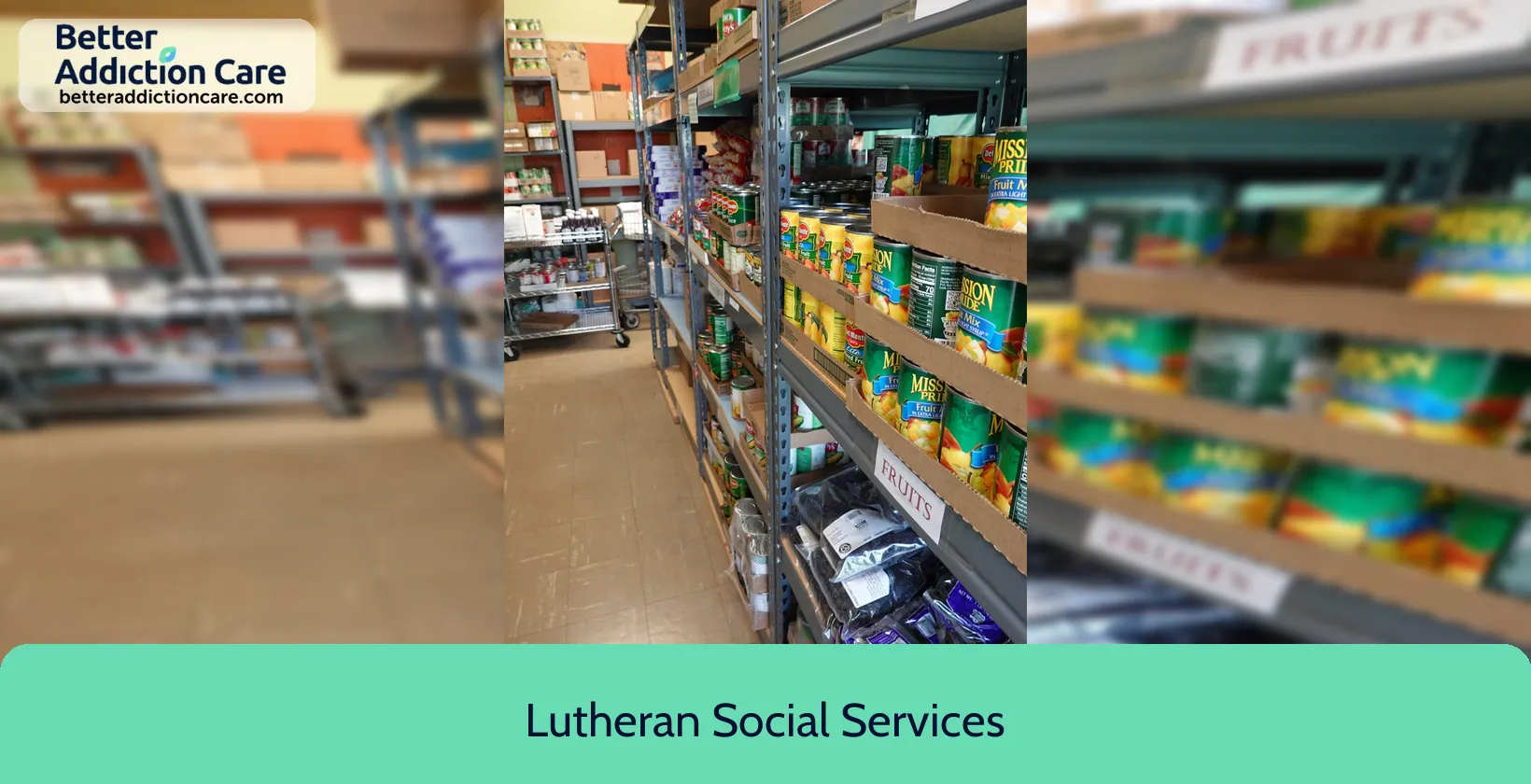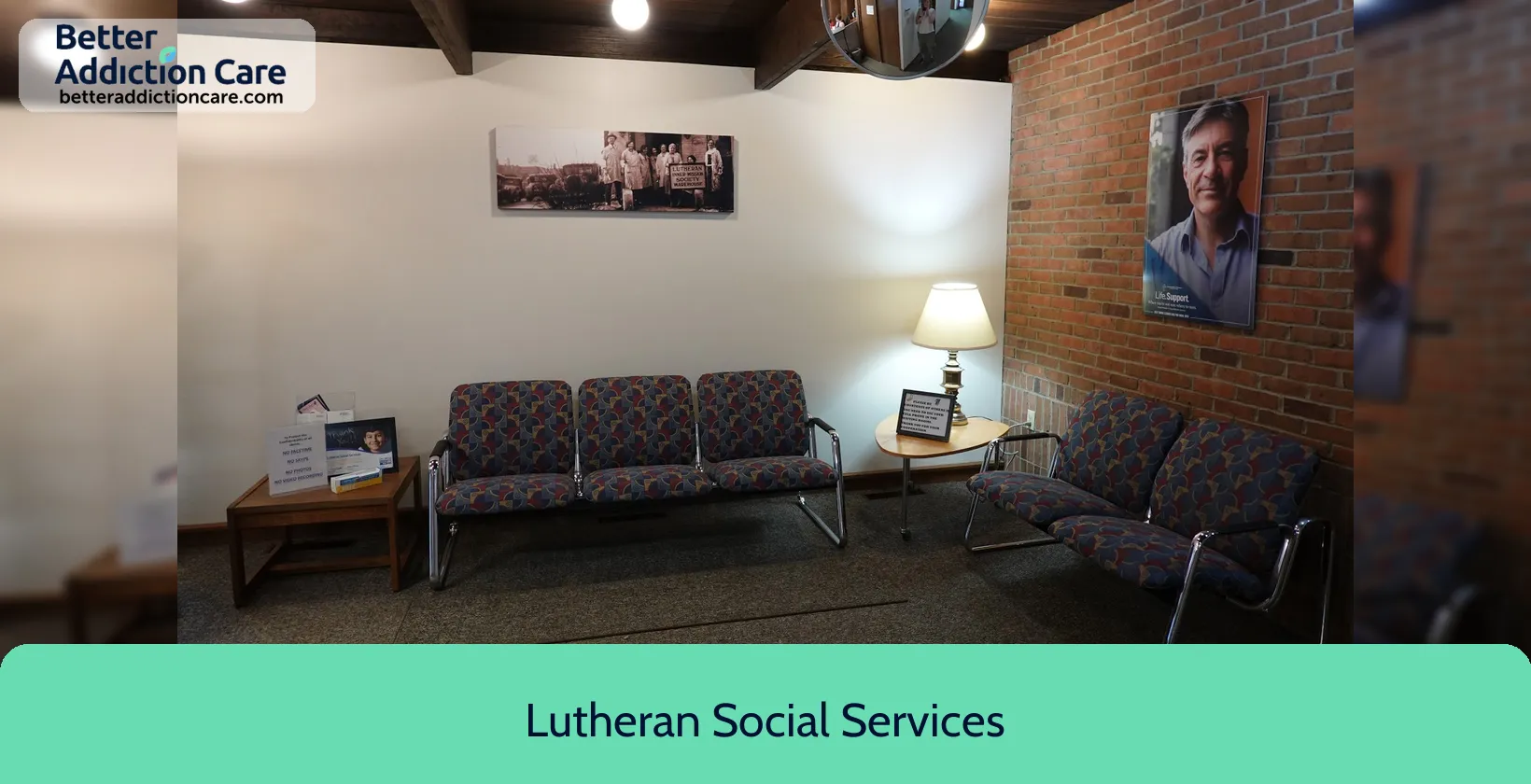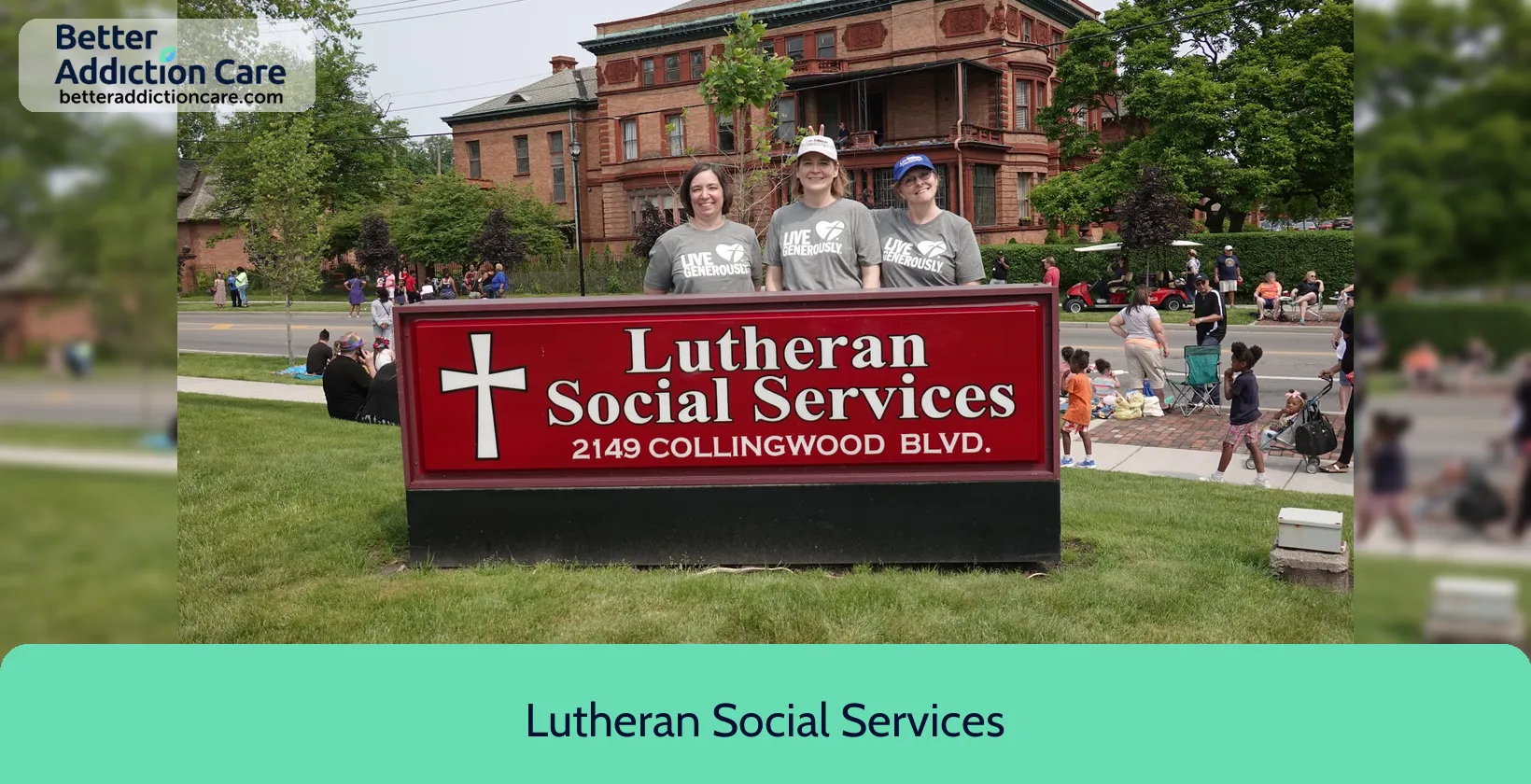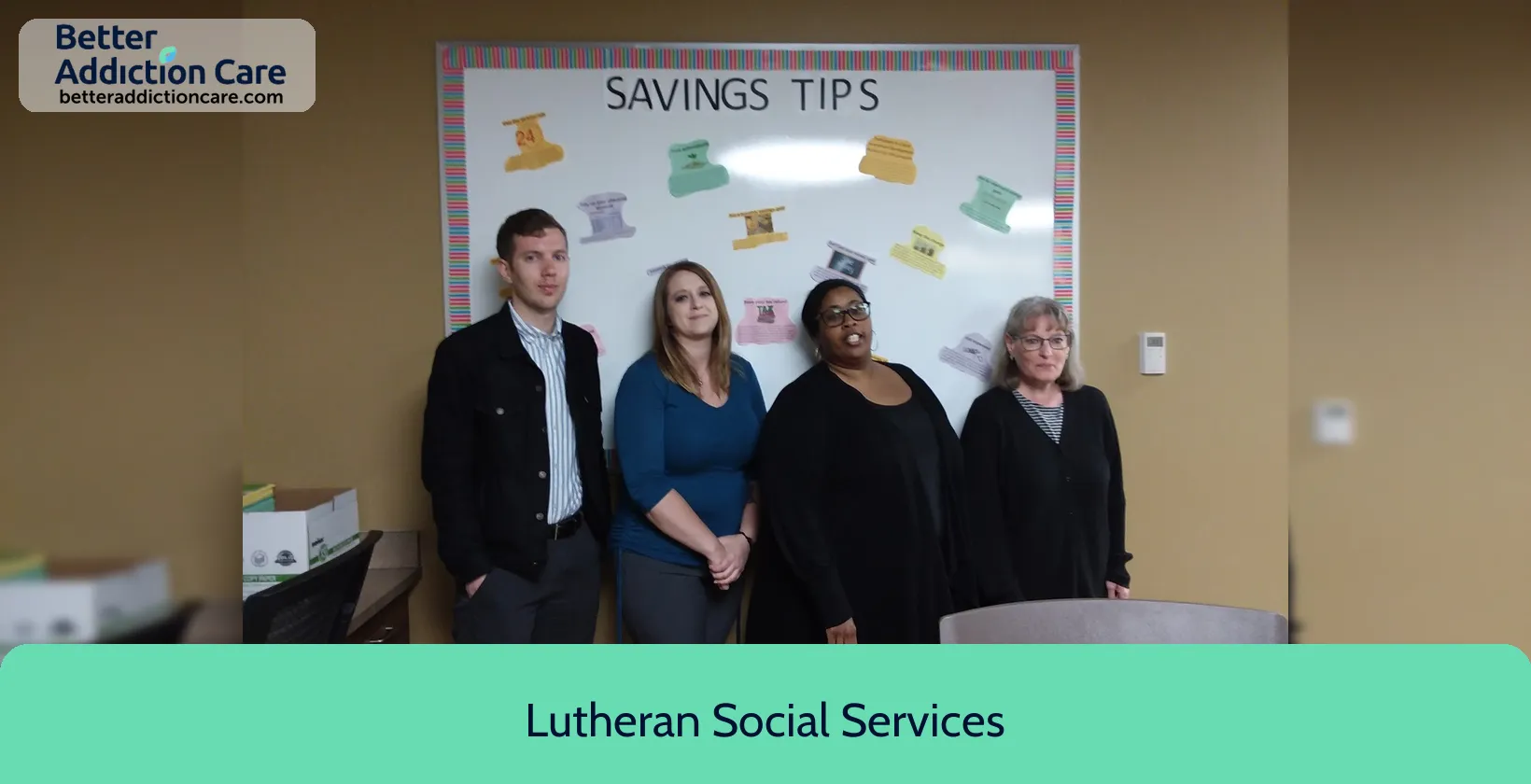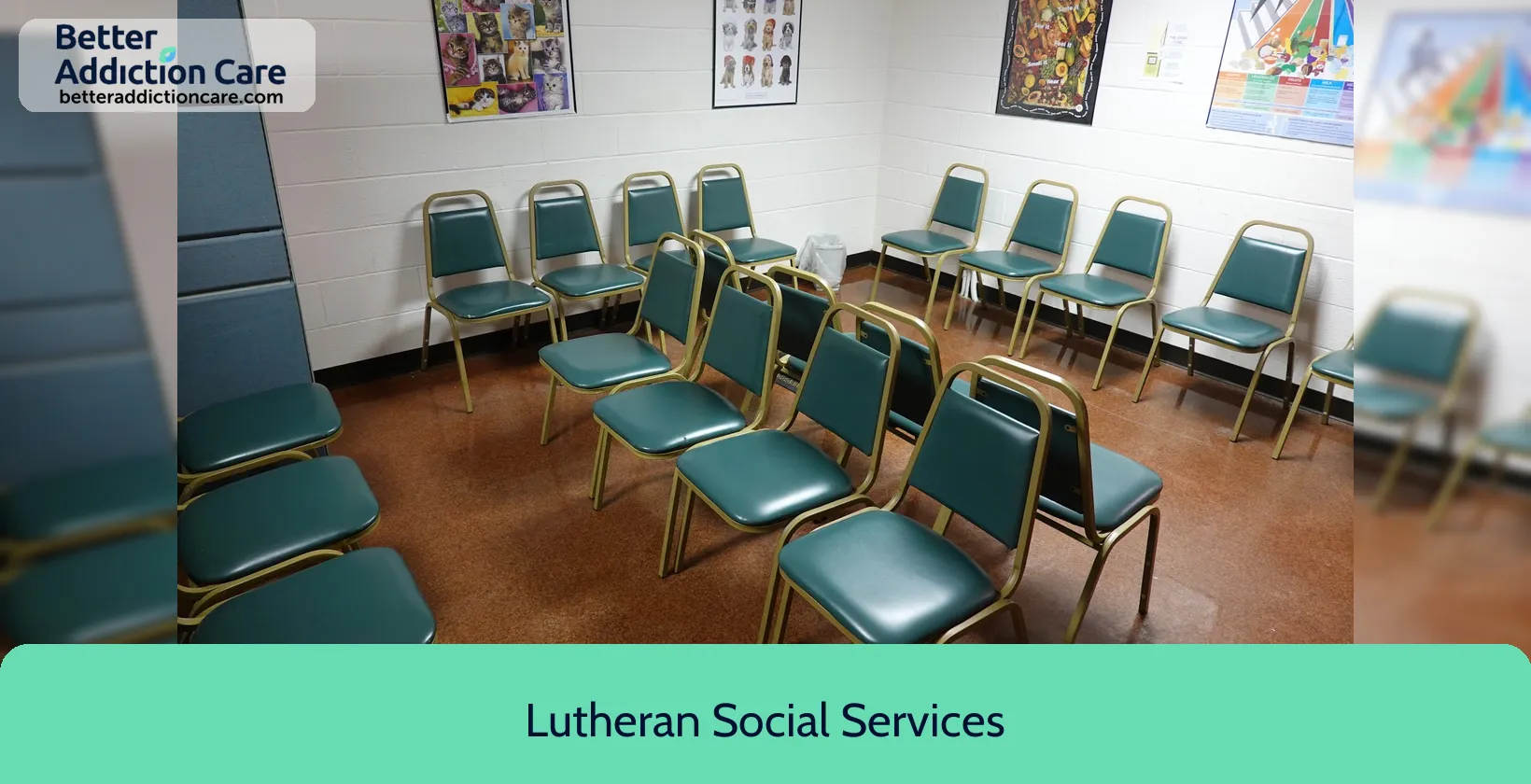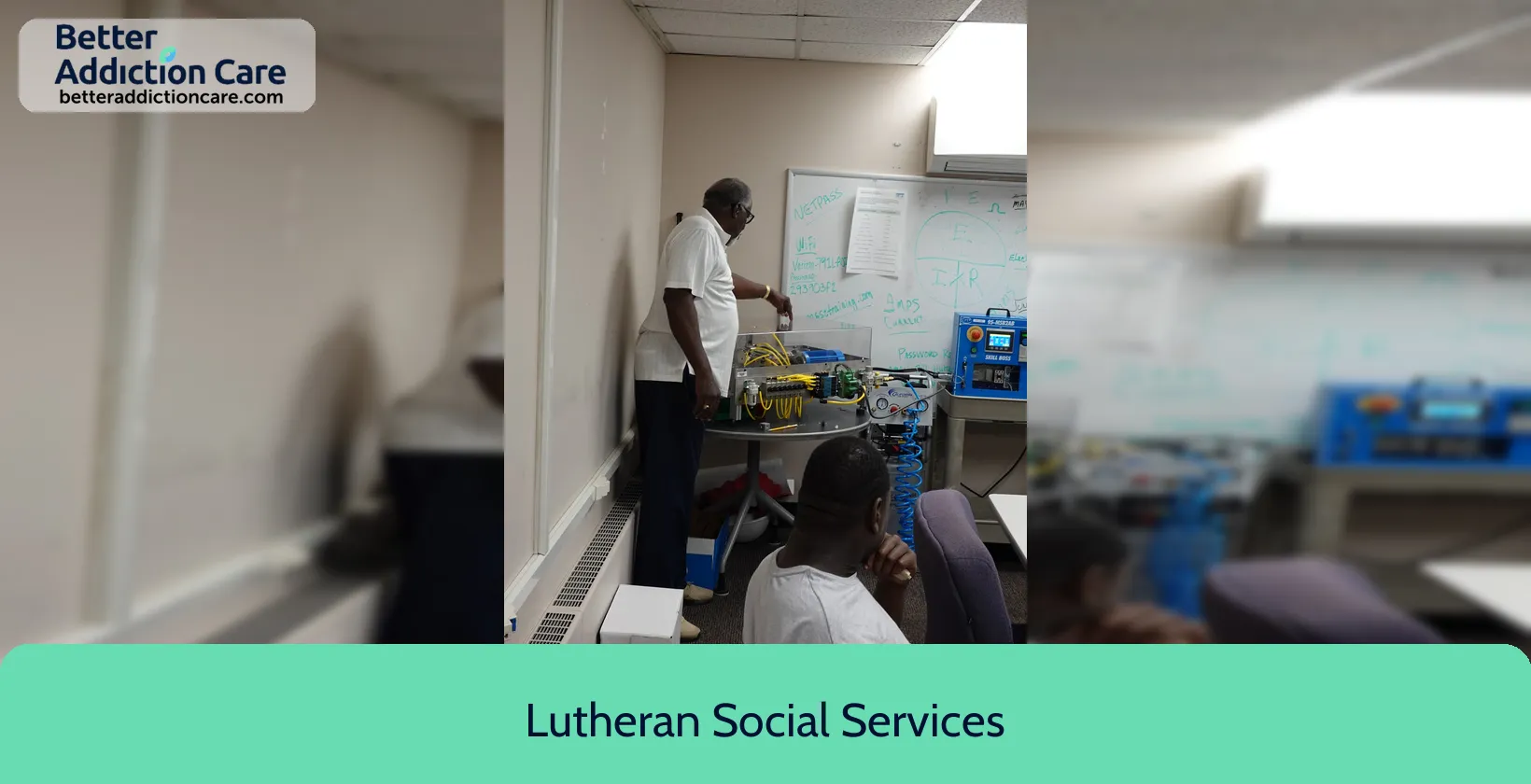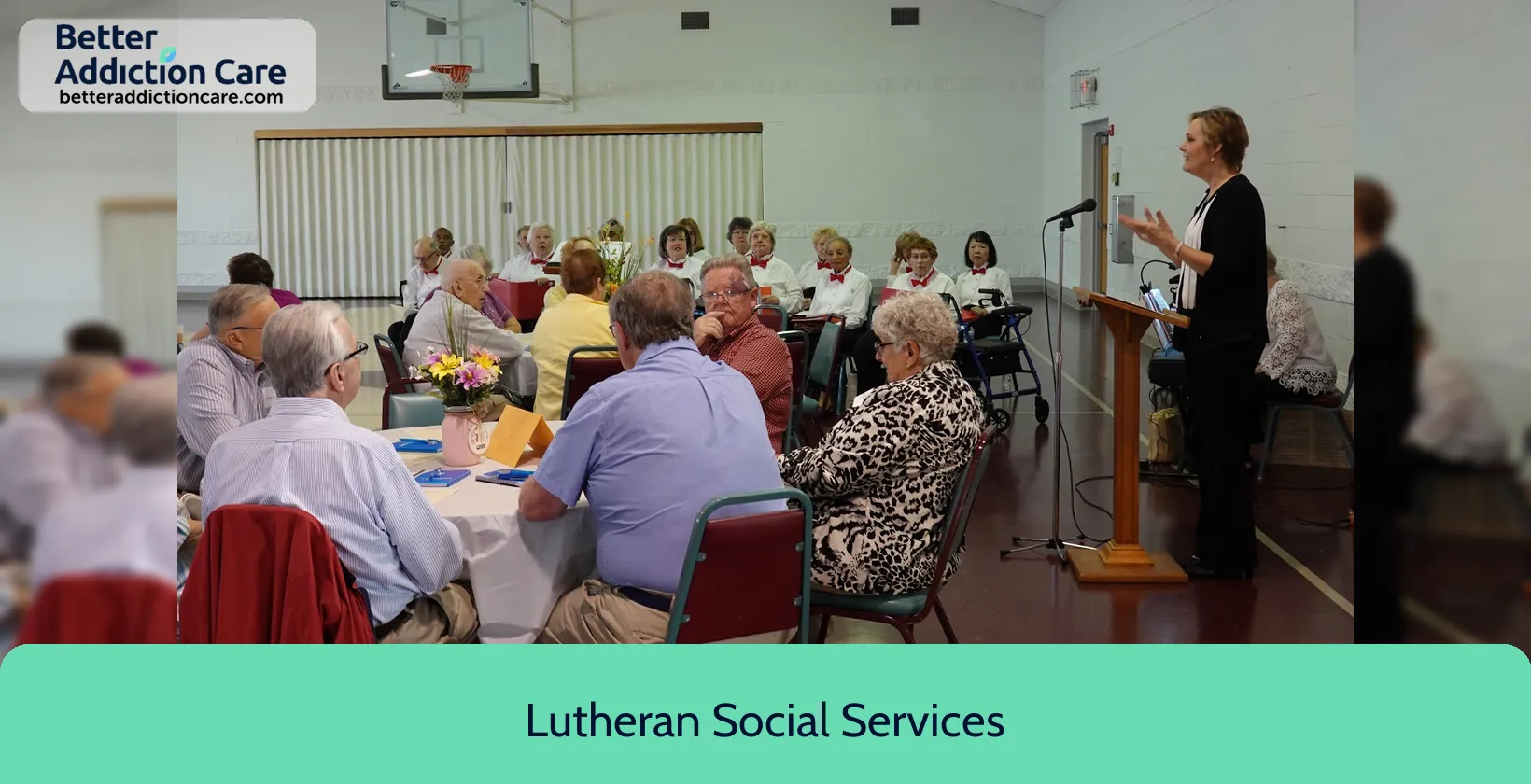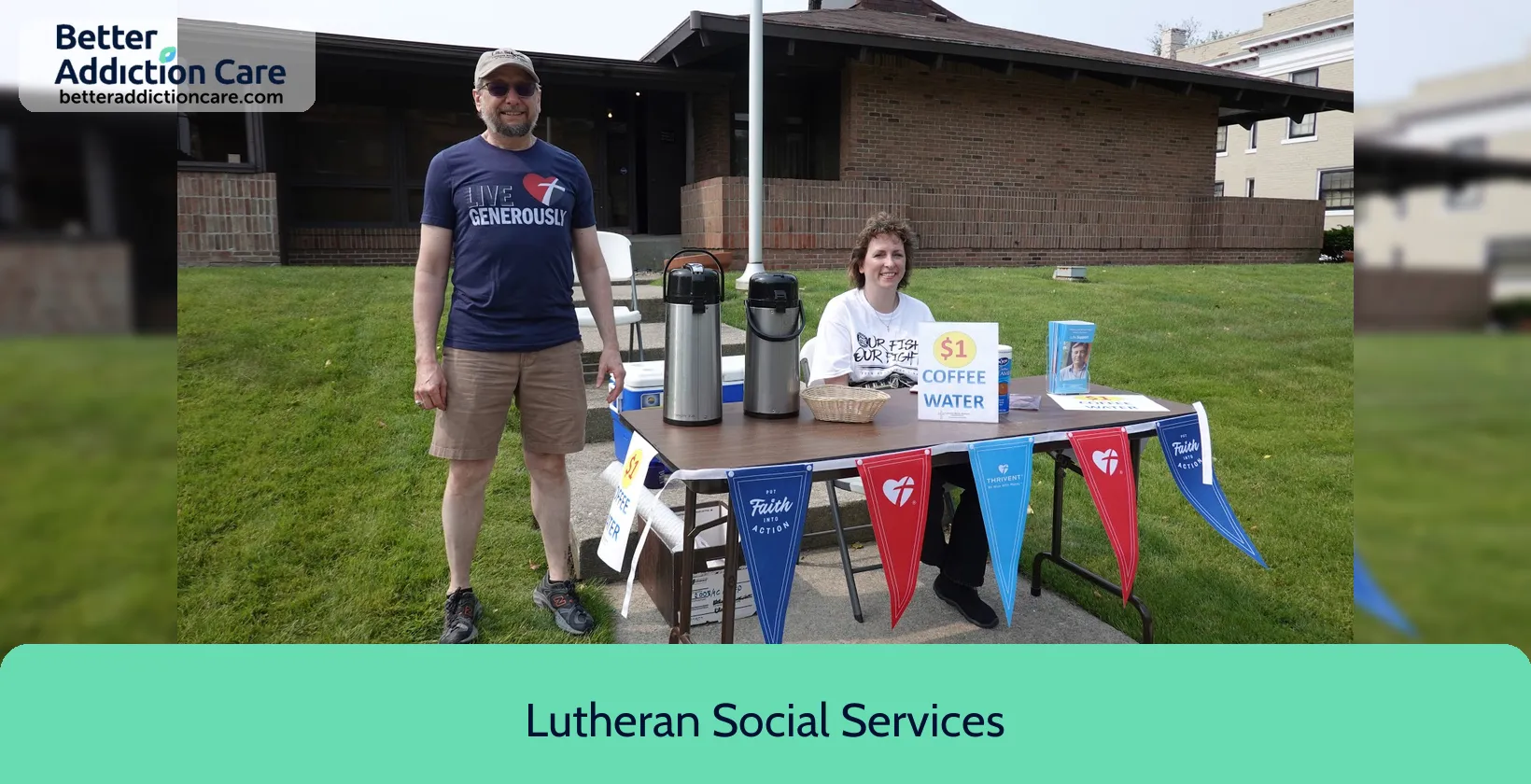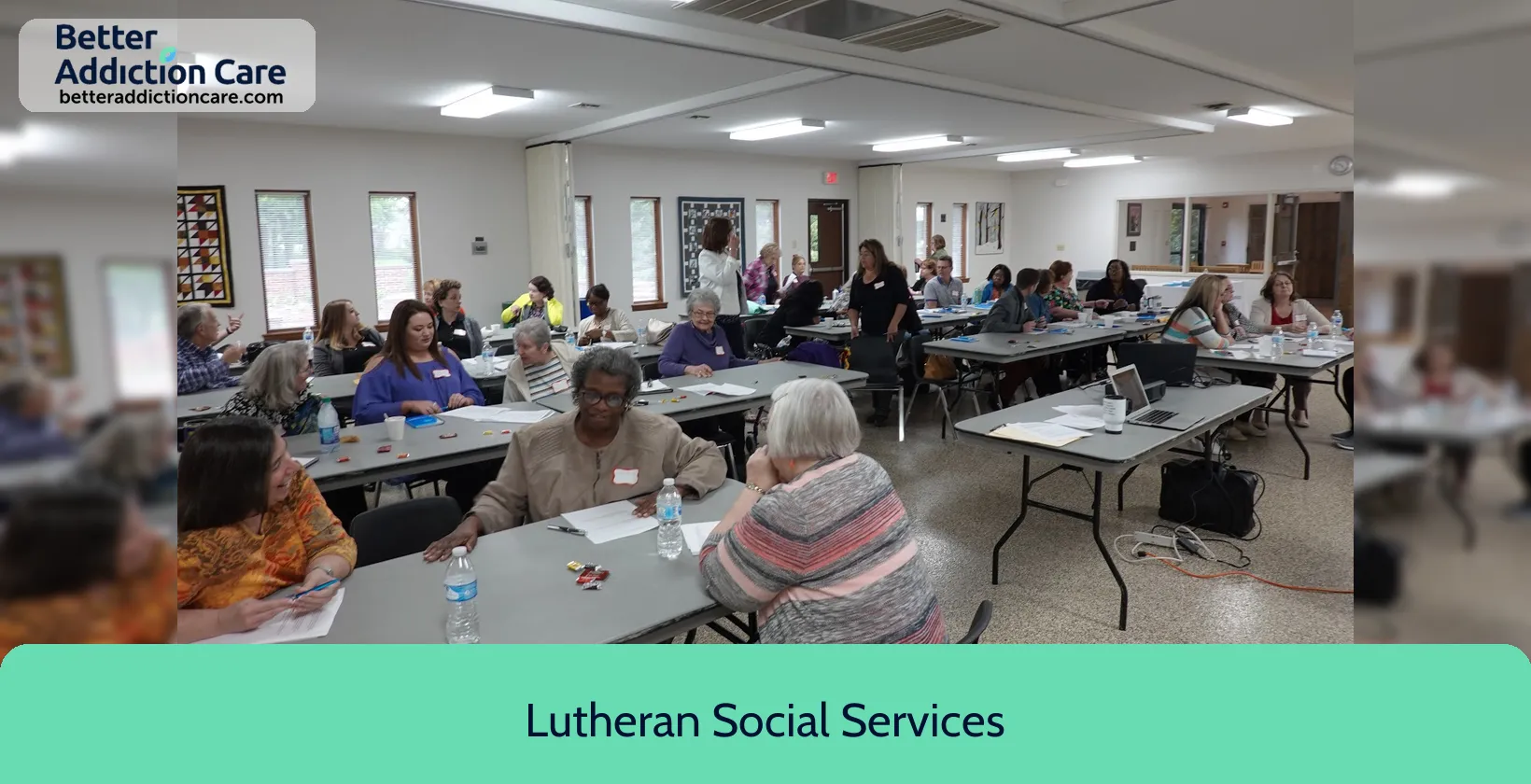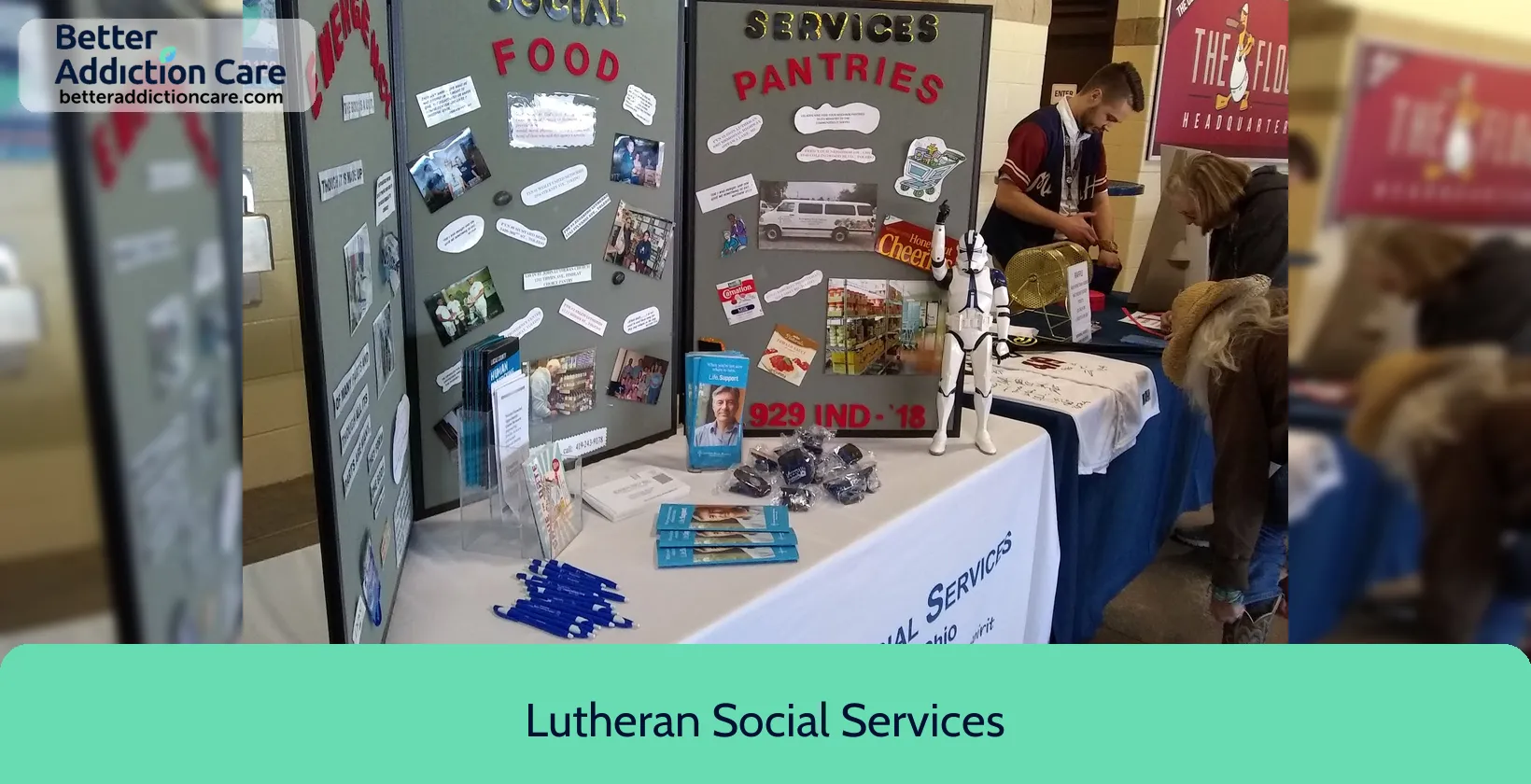Lutheran Social Services
Overview
Lutheran Social Services is a mental health treatment center for people seeking treatment near Lucas County. As part of their treatment modalities for recovery, Lutheran Social Services provides couples/family therapy, group counseling, and cognitive behavioral therapy during treatment. Lutheran Social Services is located in Toledo, Ohio, accepting cash or self-payment for treatment.
Lutheran Social Services at a Glance
Payment Options
- Cash or self-payment
- Medicaid
- Private health insurance
- Federal military insurance (e.g., TRICARE)
- U.S. Department of VA funds
Assessments
- Comprehensive mental health assessment
- Comprehensive substance use assessment
Age Groups
- Children/adolescents
- Young adults
- Adults
- Seniors
Ancillary Services
- Case management service
- Court-ordered outpatient treatment
- Education services
- Psychosocial rehabilitation services
Highlights About Lutheran Social Services
6.68/10
With an overall rating of 6.68/10, this facility has following balanced range of services. Alcohol Rehabilitation: 8.00/10, Drug Rehab and Detox: 6.00/10, Insurance and Payments: 6.00/10, Treatment Options: 6.73/10.-
Alcohol Rehabilitation 8.00
-
Treatment Options 6.73
-
Drug Rehab and Detox 6.00
-
Insurance and Payments 6.00
Treatment At Lutheran Social Services
Treatment Conditions
- Alcoholism
- Mental health treatment
- Substance use treatment
- Co-occurring Disorders
Care Levels
- Outpatient
Treatment Modalities
- Couples/family therapy
- Group counseling
- Cognitive behavioral therapy
- Integrated Mental and Substance Use Disorder treatment
- Activity therapy
Ancillary Services
Languages
- Sign language services for the deaf and hard of hearing
Special Programs
- Criminal justice (other than DUI/DWI)/Forensic clients
- Clients who have experienced intimate partner violence, domestic violence
Get Help Now
Common Questions About Lutheran Social Services
Contact Information
Other Facilities in Toledo

7.66

7.05

6.68

6.56

7.03

7.79
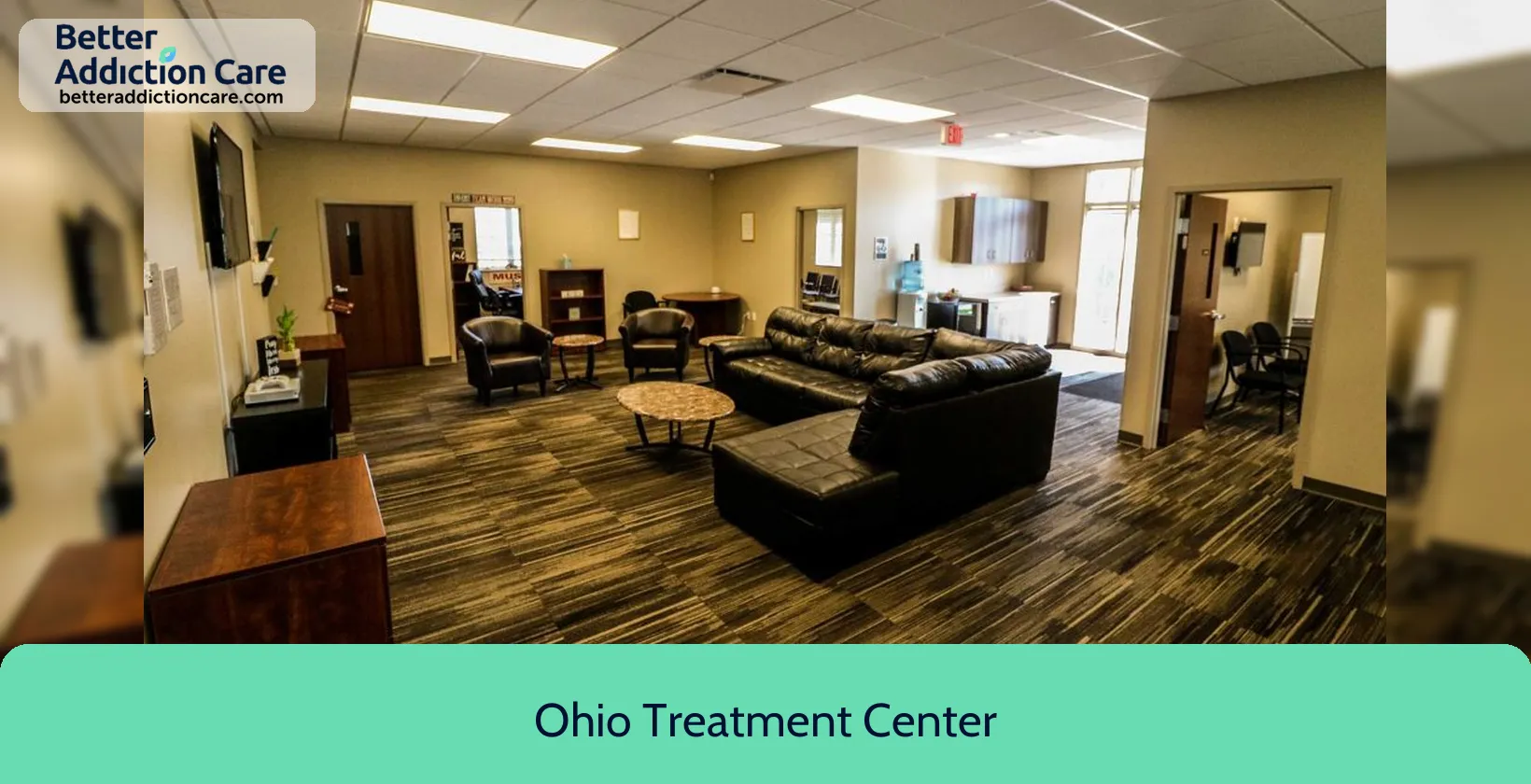
6.74

6.71
DISCLAIMER: The facility name, logo and brand are the property and registered trademarks of Zepf Center Nebraska, and are being used for identification and informational purposes only. Use of these names, logos and brands shall not imply endorsement. BetterAddictionCare.com is not affiliated with or sponsored by Zepf Center Nebraska.
